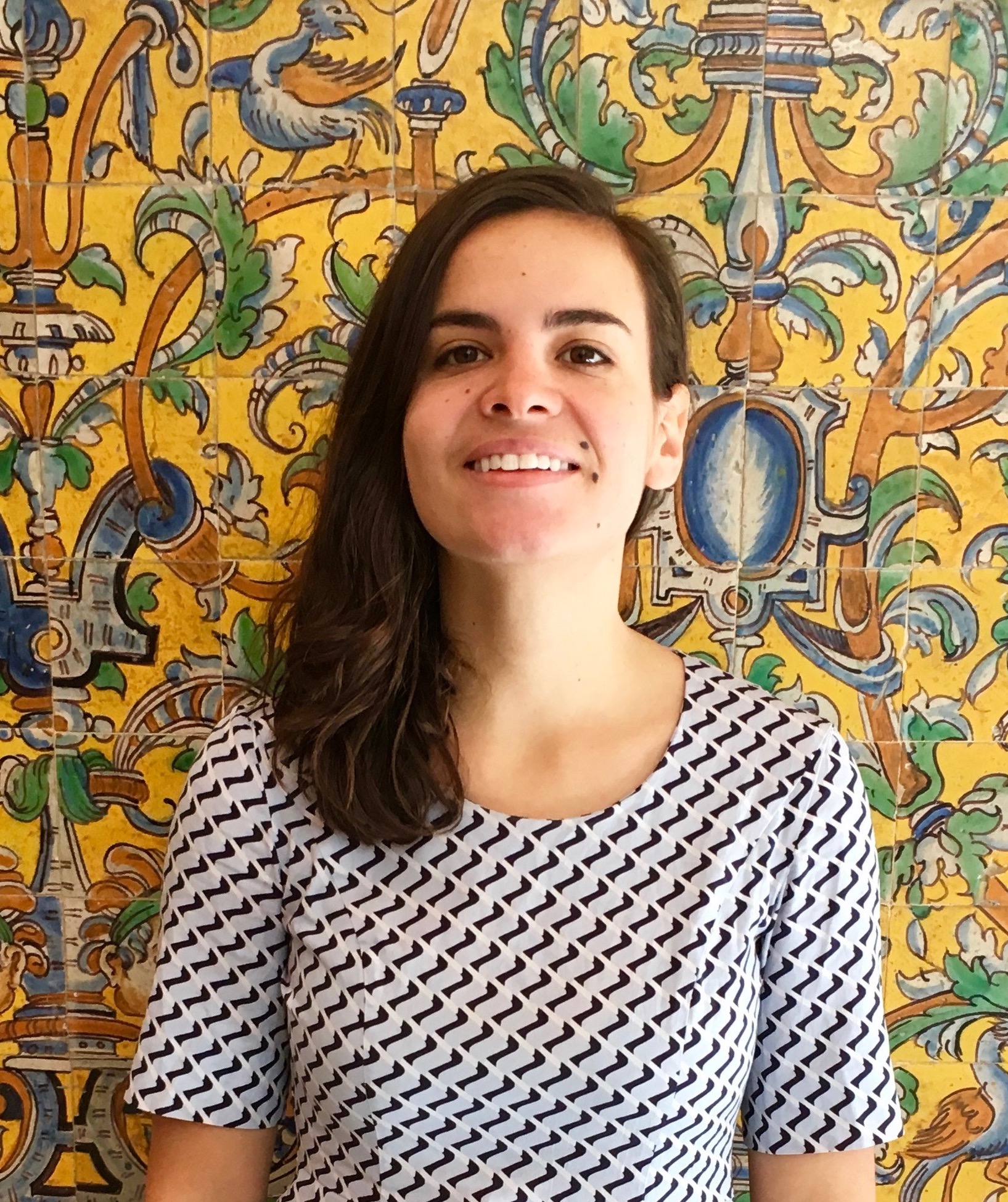I came to Penn from the University of Groningen in the Netherlands, where I was an Assistant Professor. My interests are both historical (Kant, as well as 19th-20th centuries) and thematic (issues in ethics, social critique, aesthetics, philosophy of science). Recently, I've been thinking about the connections between practical and aesthetic reasoning (in Kant's moral writings and Critique of Judgment, as well as in Simone de Beauvoir's ethics), relativizing the a priori conditions for science and practice, ideology critique, Marx's concept of alienation, the evolution in Kant's conception of autonomy, and more besides. For more, find me at my personal website or PhilPeople.
Sabina Vaccarino Bremner
Assistant Professor of Philosophy
Affiliated Faculty, Francophone, Italian, and Germanic Studies
PhD, Columbia University (2021)
BA, University of Chicago (2014)
Research Interests
Kant, post-Kantian European philosophy, ethics, aesthetics, social and political philosophy, philosophy of science
Selected Publications
More publications, as well as PDFs and preprints of all publications, can be found on my website.
- "Kantian Moral Change." Philosophy and Phenomenological Research (forthcoming).
- "The Unity of Reason, Reconsidered: On the ‘Autonomy of Ideas’ in the Later Kant." Journal of the History of Philosophy (forthcoming). Winner of Wilfrid Sellars Prize (for scholar within 10 years of PhD), North American Kant Society.
- "Ideology as Relativized A Priori: On the Mind’s Relation to the Social World" (with Chloé de Canson). Political Philosophy (2025).
- "The Relativized A Priori, The Historical A Priori, and the Symbolic Form." Philosophy Compass (2025).
- "Recent Work in Kantian Ethics: Timmons, Herman, Timmermann" (critical discussion). British Journal for the History of Philosophy (2024).
- "The Early Marx's Materialism of Sensibility as Activity." Practices of Truth in Philosophy: Historical and Contemporary Perspectives (2024), ed. Pietro Gori & Lorenzo Serini, Routledge.
- "Practical Judgment as Reflective Judgment: Moral Salience and Kantian Particularist Universalism." European Journal of Philosophy (2023).
- "Relativizing the A Priori By Way of Reflective Judgment." Kantian Review (2023).
- "On Moral Unintelligibility: Simone de Beauvoir's Genealogy of Morality." The Monist (2022).
- "Culture and the Unity of Kant's Critique of Judgment." Archiv für Geschichte der Philosophie (2022). Winner of Best Graduate Paper Award, North American Kant Society; Best Graduate Paper Award, American Society for Aesthetics.
- "On Conceptual Revision and Aesthetic Judgment." Kantian Review (2021).
- "Some Remarks on Kant's Post-Critical Conception of the Autonomy of Reason." The Court of Reason: Proceedings of the 13th International Kant Congress (2021).
- "'When You (Say You) Know, You Can’t Be Wrong': J.L. Austin on 'I Know' Claims." Inquiry (2020).
- "Anthropology as Critique: Foucault, Kant, and the Metacritical Tradition." British Journal for the History of Philosophy (2020).

 Department of Philosophy
Department of Philosophy